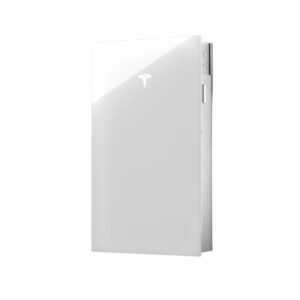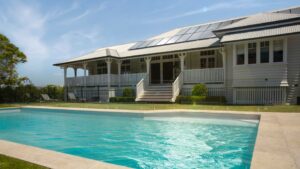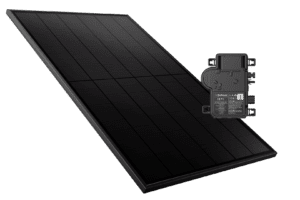In Australia, we are blessed with an abundance of reliable sunlight nearly all-year round regardless of where in the country we live. This makes it the perfect place to take advantage of solar energy and make use of an increasingly popular technology — a solar hot water system.
In fact, did you know Australia has been a leader in developing solar water heating solutions for more than 60 years?
However, many people are still hesitant on installing a solar water heating system as they’re concerned on when to use a solar hot water system. Does solar only give you hot water during the day? Will you still get hot water if it rains? What about if you need hot water after dark?
To help convert you to solar hot water systems, we have put all the info you need on this one page. If you have any questions, our team at Solaplumb is only a call away.
Types of solar hot water systems and who they’re right for.
If you live in a state like Queensland, Western Australia or the Northern Territory where it is warm almost all year-round (well, not near-freezing for large amounts of time), you can install nearly any type of hot water system.
For those who live in the cooler states, you’ll need to be a bit more detailed on your choice.
Direct or Open Loop Solar Hot Water Systems
A direct or open loop solar hot water system is ideal for Australian homes located in regions where it is warm the majority of the year. You won’t want a direct system if you get to freezing temperatures for much of winter!
Direct hot water systems work by using a sensor at the bottom of the tank to compare the water temperature in the collector. If the water in the collector is warmer than that at the bottom of the tank, a small circulatory pump circulates the water through the solar collector. The water is then returned to the top of the tap.
Indirect or Closed Loop Solar Hot Water Systems
Indirect or closed loop solar hot water systems are a more complex system using hot fluid to heat the water via a heat exchange before the water reaches your home and appliances.
It is not a very common system used in Australia.
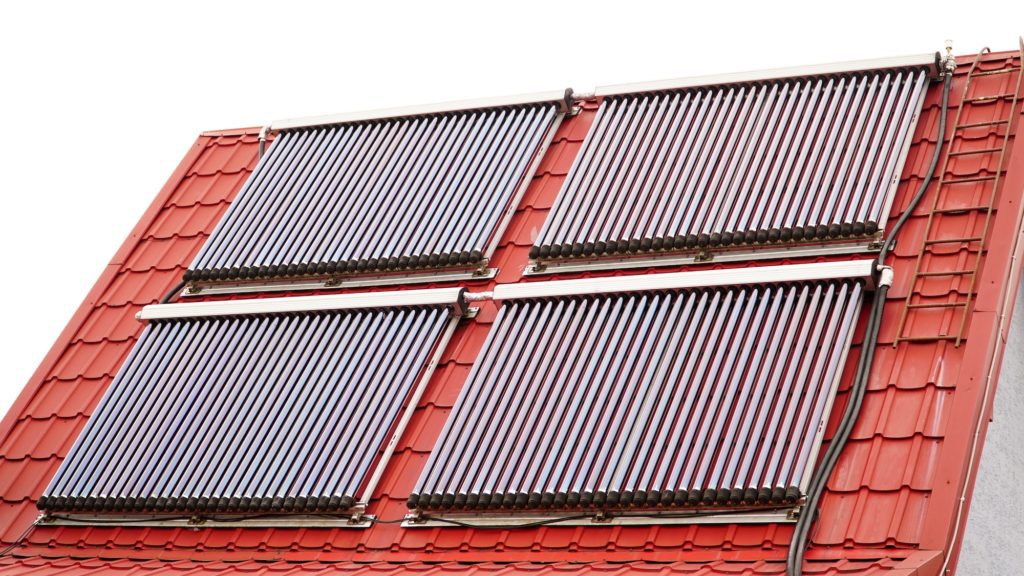
Thermosiphon Solar Hot WaterSystem
A thermosiphon solar hot water system is the most common water heating system in Australia. The hot water tank is located above your solar collectors, with the cold water sitting at the bottom of the tank. Water circulates from the bottom of the tank through the collector, where it’s heated before rising to the hot water tank and to the circulation line.
However, a thermosiphon hot water system is not for households with older or light roofing as the tanks can be quite heavy.
When to Use Your Solar Hot Water System
Can you only use solar hot water during the day?
When you can use your solar hot water system will depend on your usage and tank size. Modern hot water systems take into account the average need for hot water, giving you hot water day and (most of) the night.
Most solar hot water systems take around 2 to 4 hours to heat water, so if you run out, it may be a few hours before you have hot water. However, most people use around 75L of hot water per day. So, if you use this and your quarterly water bill usage to measure the size of the system you need, you should have all the hot water you need.
Will a solar hot water system work during a blackout?
If your solar hot water system uses any main electricity, it will not work during a blackout. Using a battery with your solar hot water system will ensure it runs whether you have power or not!
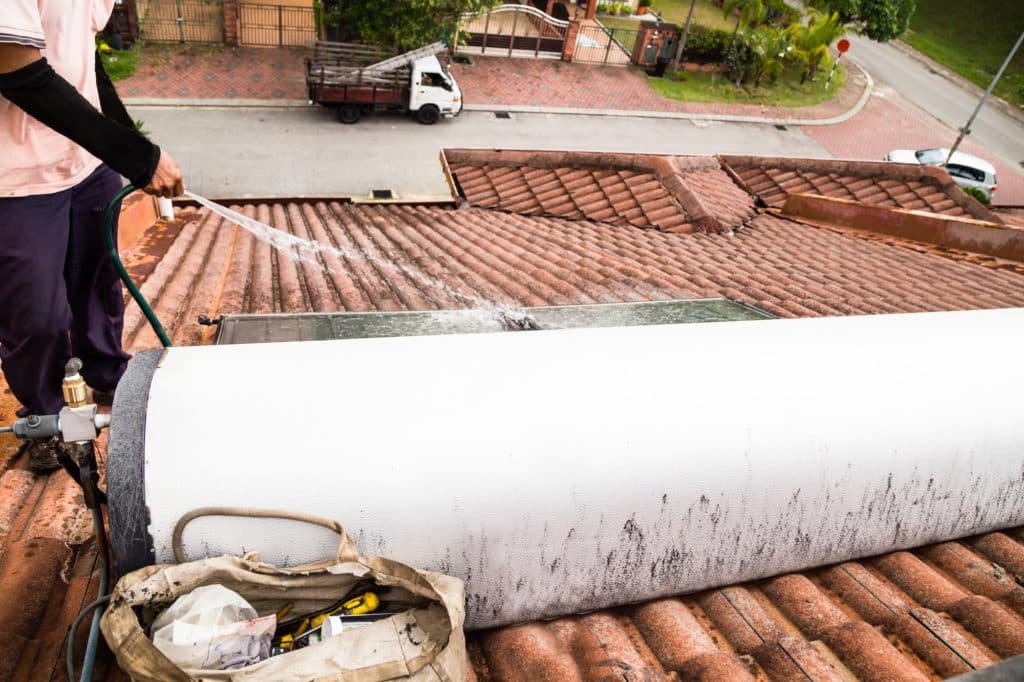
Does rain impact a solar hot water system?
Yes, a solar hot water system will still work if it’s raining. As clouds don’t block out the sun (ever been sunburnt on an overcast day), your solar system will still receive enough charge.
But should you get a solar hot water system?
If you weren’t already convinced about installing a solar hot water system, a solar hot water system not only is better for the environment, but helps you save on your utility bills too. At the end of the day, if the end result is the same and the process saves you money in the long run, isn’t that a win?

